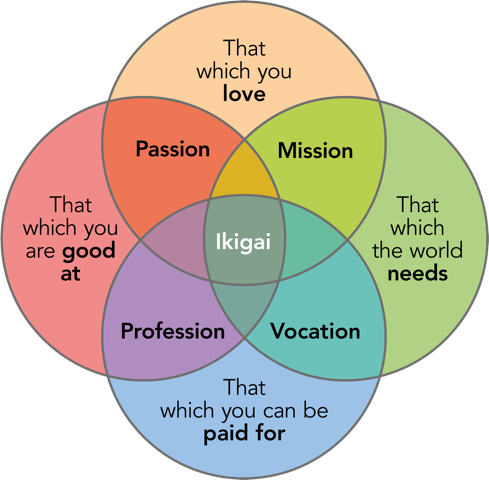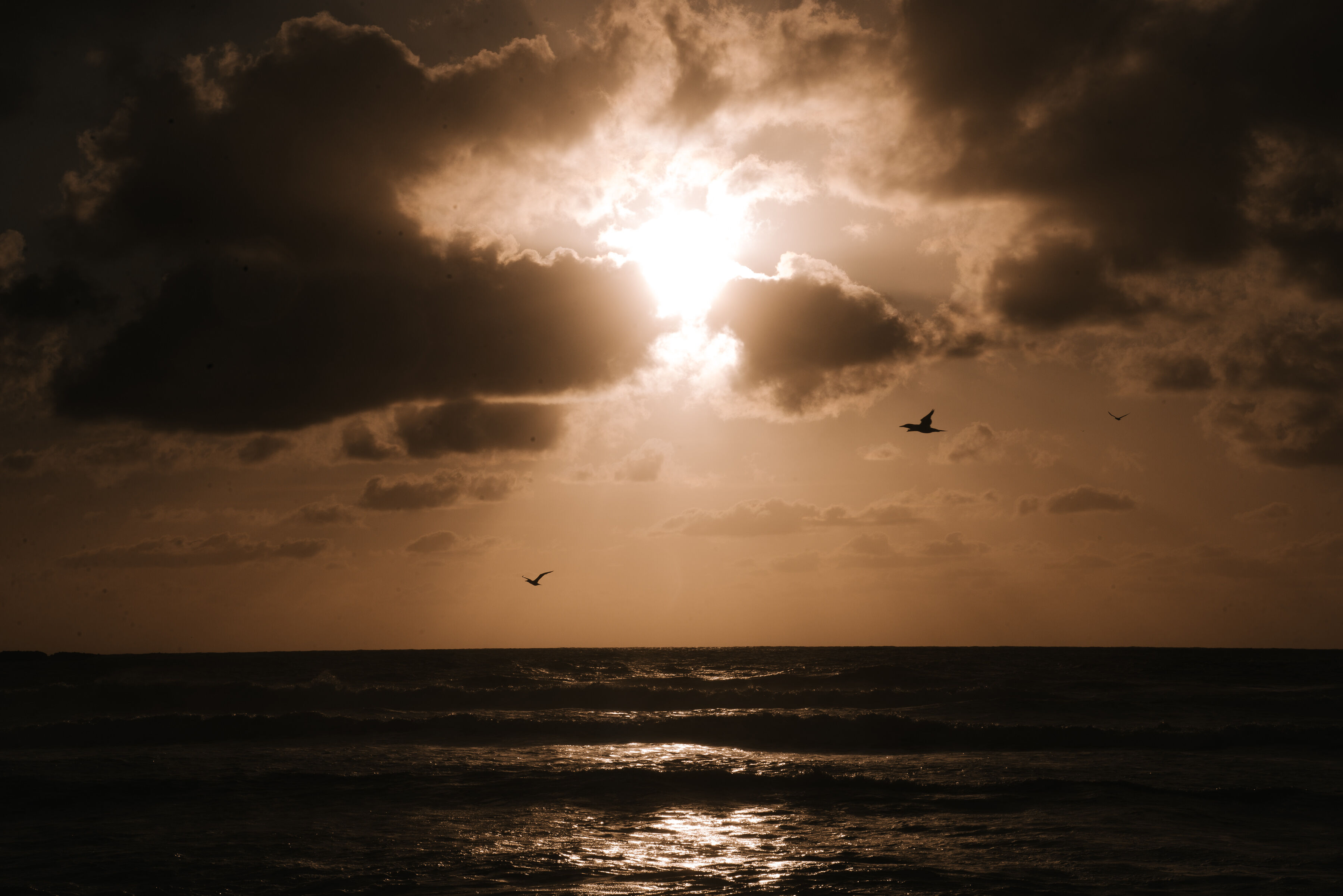Cindy Leong is a contributor to TEDx and recently joined the Marketing Communications team. She has a background in marketing & photography with a passion for creative expression.
I first came across the term ‘ikigai’ when my sister sent me a Japanese diagram.
We were discussing our passions, and our purpose in life. It’s something that I’ve become more aware of in the past 3 years, however, I believe everyone seeks this from a young age in one way or another. I wasn’t very conscious about the idea of my purpose until the feeling of needing one started to grow inside me. Instead of blindly following the motions of life and allow society or others dictate what I should be doing, I’ve recalibrated my perspective to pursue what I feel is my life’s purpose. I believe I can work towards anything my heart desires, but that’s difficult when you don’t know what that thing is. This is where ikigai can help.
Ikigai (pronounced ickee-guy), is a Japanese concept which roughly translates to ‘the happiness of always being busy’.
Your ikigai might be something that you have already discovered at a young age. We all know those kids who have always been in love with something, and religiously practised their craft. They might aspire to be a dancer, a singer, an artist, a writer, a pianist, a chef, an athlete. To them, not doing that thing is impossible. For a dancer not to dance, or a singer not to sing is like for a bee not to buzz, or the wind not to blow - It is innate. These people live and breathe their passion. For others, their ikigai is hidden deeply, and to find it requires a patient search. I fall into the latter category.
As Hector Garcia, the co-author of ikigai: The Japanese Secret to a Long and Happy Life, says, ‘According to those born on Okinawa, an island in Japan with the most centenarians in the world, our ikigai is the reason we get up in the morning’.

To find your ikigai, ask yourself:
-
What do I love?
-
What am I good at?
-
What can I be paid for now—or something that could transform into my future hustle?
-
What does the world need?
In between a cross section of all four is where our ikigai can be found.
Being in a state of flow is something that can be achieved by pursuing our ikigai, resulting in a long and happy life. Being in flow is when our sense of time vanishes. We are so engrossed in our activity, whether it be snowboarding, graphic design, or writing, that several hours have passed without us knowing. To achieve flow, we need to be challenged enough to bypass boredom, but not in such a way that it becomes too difficult and stressful. It is finding the middle path.
I believe many of our TEDxAuckland speakers have found their ikigai. It is inspiring to see so many people who have found their passion or purpose and have the resilience to stick to it.
If you are like me and have yet to find your ikigai, I hope 2019 brings you closer to discovering what it is.
To conclude, I’ll leave you with this list compiled by Hector Garcia and Frances Miralles based off the advice from the centenarians living on Okinawa.
The ten rules of ikigai:
-
Stay active and don’t retire
-
Leave urgency behind and adopt a slower pace of life
-
Only eat until you are 80 per cent full
-
Surround yourself with good friends
-
Get in shape through daily, gentle exercise
-
Smile and acknowledge people around you
-
Reconnect with nature
-
Give thanks to anything that brightens our day and makes us feel alive.
-
Live in the moment
-
Follow your ikigai
